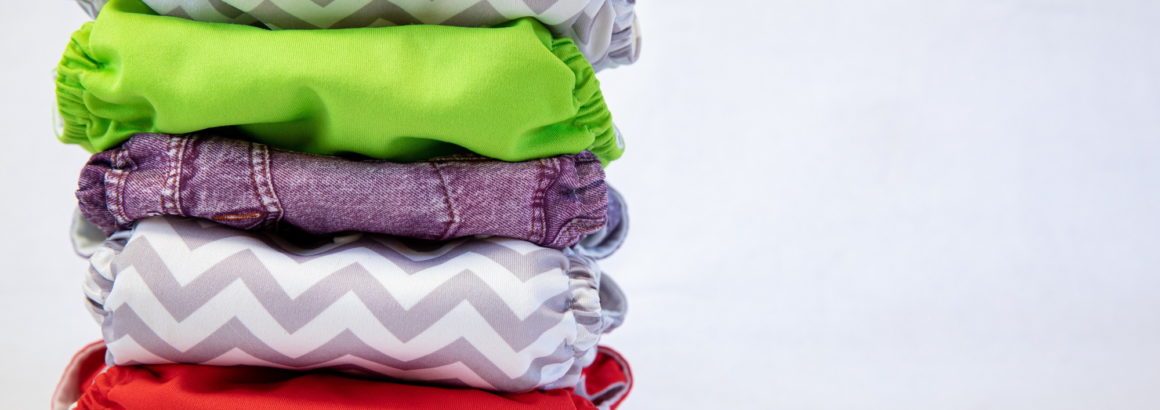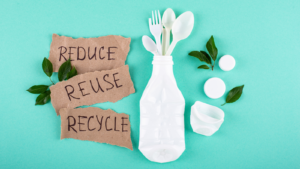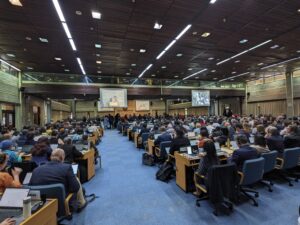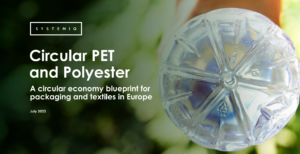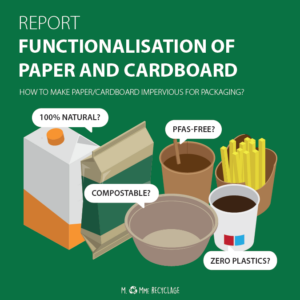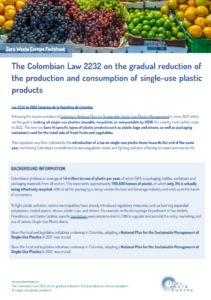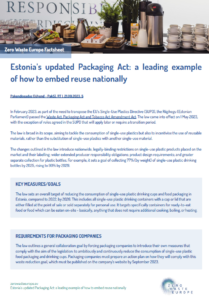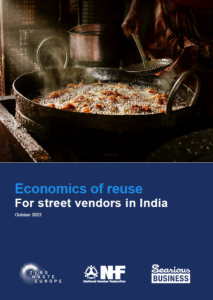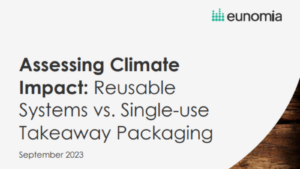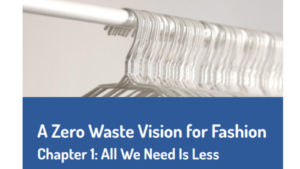It's time to clear out plastic and chemicals from nappies
Reusable Nappies
Addressing the issue of single-use baby nappies requires a systemic approach from their production to their disposal, and legislation plays a key role in making the transition towards better, safer and circular nappies for everyone.” – Larissa Copello, Packaging & Reuse Policy Officer at Zero Waste Europe
Nowadays, the vast majority of nappies being sold on the EU market (and globally) are single-use items, which causes serious environmental, economic, health, and social impacts – from production to disposal.
Single-use baby nappies are a significant source of waste in Europe, generating around 6,731,000 tonnes of waste annually. The varied composition of these products, together with the presence of organic matter/excreta after use, makes their recycling technically and economically complex and expensive. Therefore, in Europe these products typically end up in landfills (87%) or are incinerated (13%), wasting resources and resulting in negative environmental impacts. Yet, washable nappies are trendy again in some parts of Europe and there are pilot initiatives with compostable nappies, as well as attempts to recycle the plastic ones.
ZWE is committed to radically reduce the disposal of single-use nappies and advocates for prevention by using washable nappies at home and through the creation of dedicated separate collection paths for the nappy waste as a precondition for reuse (organised laundry systems), composting (for compostable nappies), or recycling (for disposable non-compostable nappies).
ZWE works together with its network and the BFFP movement to:
- Demand policy changes and targets at the European, national, and local levels;
- Expose the impacts related to the production and consumption of conventional single-use baby nappies; and,
- Showcase reusable, compostable, and recyclable solutions and their benefits.
